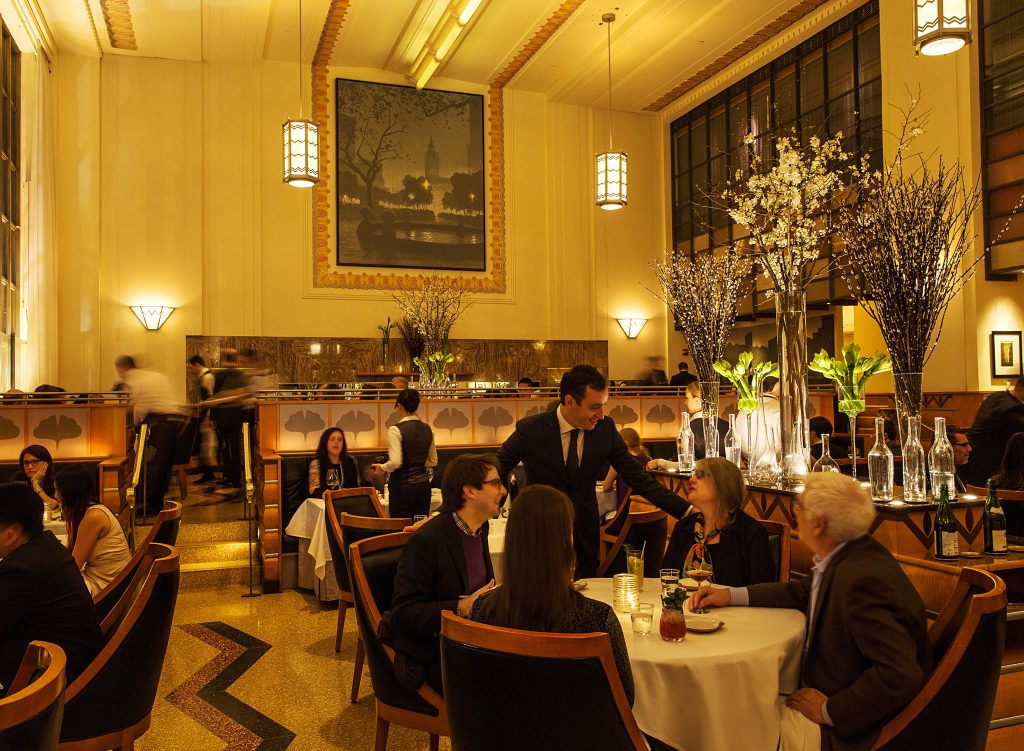Eleven Madison Park, a culinary beacon in Manhattan, has decided to reintroduce meat and fish to its menu after a four-year foray into veganism. The restaurant initially embraced an all-plant menu to align with climate-conscious dining trends, but despite global acclaim, financial practicality and broader appeal have prompted a pivotal shift. This transition signals a nuanced balancing act between sustainability goals and maintaining a thriving business, underscoring the complexities at play in the evolving dining landscape as reported by The New York Times.
The decision to revert to serving meat is not merely about menu diversification but also a strategic move to attract a wider audience. While the all-vegan menu showcased innovation and environmental responsibility, it didn’t resonate financially, prompting a return to more traditional offerings. This marks a significant moment for the restaurant industry, as it navigates the tension between ethical dining and economic viability—a challenge many establishments may soon face.
This change in direction at Eleven Madison Park reflects broader trends in the restaurant industry, where sustainability and profitability must coexist. As more consumers seek diverse dining experiences, restaurants are tasked with crafting menus that satisfy ethical considerations while still drawing in a broad customer base. The reintroduction of meat at such a high-profile venue might inspire other establishments to reconsider their own approaches to sustainability in the face of financial realities.
As we witness this evolution in dining, the question emerges: How will other high-end restaurants balance the competing demands of ethical dining with economic pressures? As the food industry continues to adapt, this move by Eleven Madison Park may set a precedent, sparking a wider discussion on the future of sustainable dining. Are we on the cusp of a new era where innovation and tradition harmoniously coexist, or will the pendulum swing back towards more conventional dining experiences?


